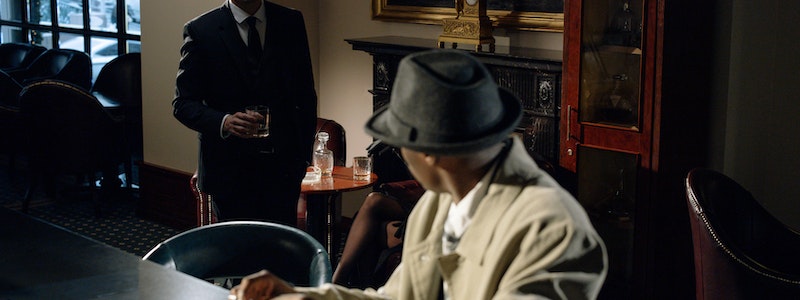
Short films are often the gateway to gaining valuable experience, getting your writing onto the big screen, and pushing towards writing on more significant projects. However, short films aren’t just singles scenes or snippets from bigger pieces of work; they are a genre unto themselves. To be successful, you need to study and master the short form, understand what makes an excellent short film, and come up with some strong ideas.
Simplicity is Key: Short films benefit from a straightforward narrative due to their brevity. You only have 5 to 20 minutes to convey your story. Instead of cramming a feature-length idea into a short, focus on a singular concept or moment that can be fully explored in the allotted time.
Character Depth Over Character Count: With limited screen time, developing multiple characters is challenging. Instead, hone in on one or two main characters, diving deep into their emotions, motivations, and arcs, but keep it simple. Your audience should connect with your character(s) almost immediately.

Setting as a Character: Locations in short films often hold significant weight. Whether a claustrophobic room or a sprawling landscape, the setting can add layers to your narrative, heightening emotions and pushing the story forward.
Embrace Conflict: Conflict is the heart of storytelling. In short films, this conflict should be immediate and pressing. Whether it’s an internal struggle or an external challenge, it should be clear, compelling, and resolved by the end.
Subtext and Symbolism: When time is of the essence, what’s left unsaid can be as important as the dialogue. Clever use of subtext, visual metaphors, and symbolism can help convey deeper themes and emotions without overt exposition.

Effective Openings: Your opening scene should grab your audience instantly. It sets the tone, introduces the primary conflict or theme, and immerses viewers in your created world. Remember, first impressions count.
Crafting a Resonant Ending: Conclusions in short films should be satisfying and impactful. Whether it’s an unforeseen twist, a poignant moment, or thought-provoking imagery, the end should resonate, making the short film memorable.
Feedback and Revision: Writing is rewriting. Once you’ve drafted your short film script, gather feedback. Fresh eyes can provide invaluable insights, helping you refine and polish your work.

A good short film captures its audience with a compelling idea distilled to its essence. It efficiently crafts memorable characters who navigate a clear and focused conflict, drawing viewers into their world despite the limited timeframe. The narrative embraces the economy of storytelling, using powerful visual cues and evocative sound design to convey depth and emotion. A poignant climax or twist ensures the film resonates, leaving a lasting impact long after the credits roll. It’s a harmonious blend of storytelling, visuals, and sound that fully engages and resonates with viewers briefly.
Mastering the short film format is both challenging and rewarding. While the canvas is smaller, the impact can be profound. By understanding the intricacies of the short form and continually refining your craft, you can create compelling narratives that captivate and launch your filmmaking journey.




